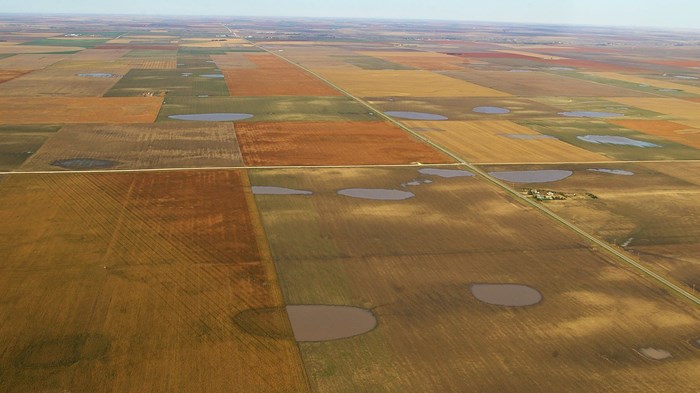
GGP Seminar: Dr. Mark W. Bowen - Soils as Environmental Barometers: from the Pleistocene to the Anthropocene

- Date and time
- 2:30 PM - 3:30 PM, September 16, 2022
- Description
The Department of Geography, Geology and Planning will offer a free seminar by Dr. Mark W. Bowen, associate professor at Minnesota State University and an MSU alumnus, MS Resource Planning (2004) and BS Geography (2000).
Bowen will share his research on soils. Soils result from complex interactions among climate, vegetation, geologic material, and topography over a variety of spatial and temporal scales. Paleosols are ancient soils that formed under conditions different from today and serve as archives of past environments. On the Great Plains, landscapes are commonly composed of thick, well-developed soils and paleosols with interlayered loess units as a result of shifting glacial/interglacial conditions in the Pleistocene and Holocene. More recently, conversions of native grassland to row-crop agriculture have radically altered erosion/deposition patterns within these soilscapes. How proxy records preserved within soils and paleosols are used to reconstruct past environmental conditions and landscapes will be discussed. Long-term change from the late Pleistocene and Holocene will be compared to recent changes in human-dominated agriculture landscapes of the Anthropocene. This research will focus on playa-lunette systems, depressional wetland isolated dune complexes, that are critically important resources of the High Plains.
Bowen received his PhD in Geography from the University of Kansas in 2011. He also serves as the co-director of EARTH Systems Laboratory at Minnesota State University, Mankato. His research interests are in soil geomorphology and landscape evolution. He examines how soils and landscapes are linked, vary across space and evolve through time. His focus is on both paleoenvironmental change and historical environmental change, particularly within agricultural landscapes on the Great Plains.
Photo credit: Mark W. Bowen
- Event sponsor
- Earth, Environment and Sustainability, School of
- Admission
Free
- Open to public, alumni, current students, faculty, future students
- Location
Additional information
- Event contact
- Carroll, Tracy
- Academic Administrative Assistant II
- TracyCarroll@MissouriState.edu
- 417-836-5800
- Visit website
